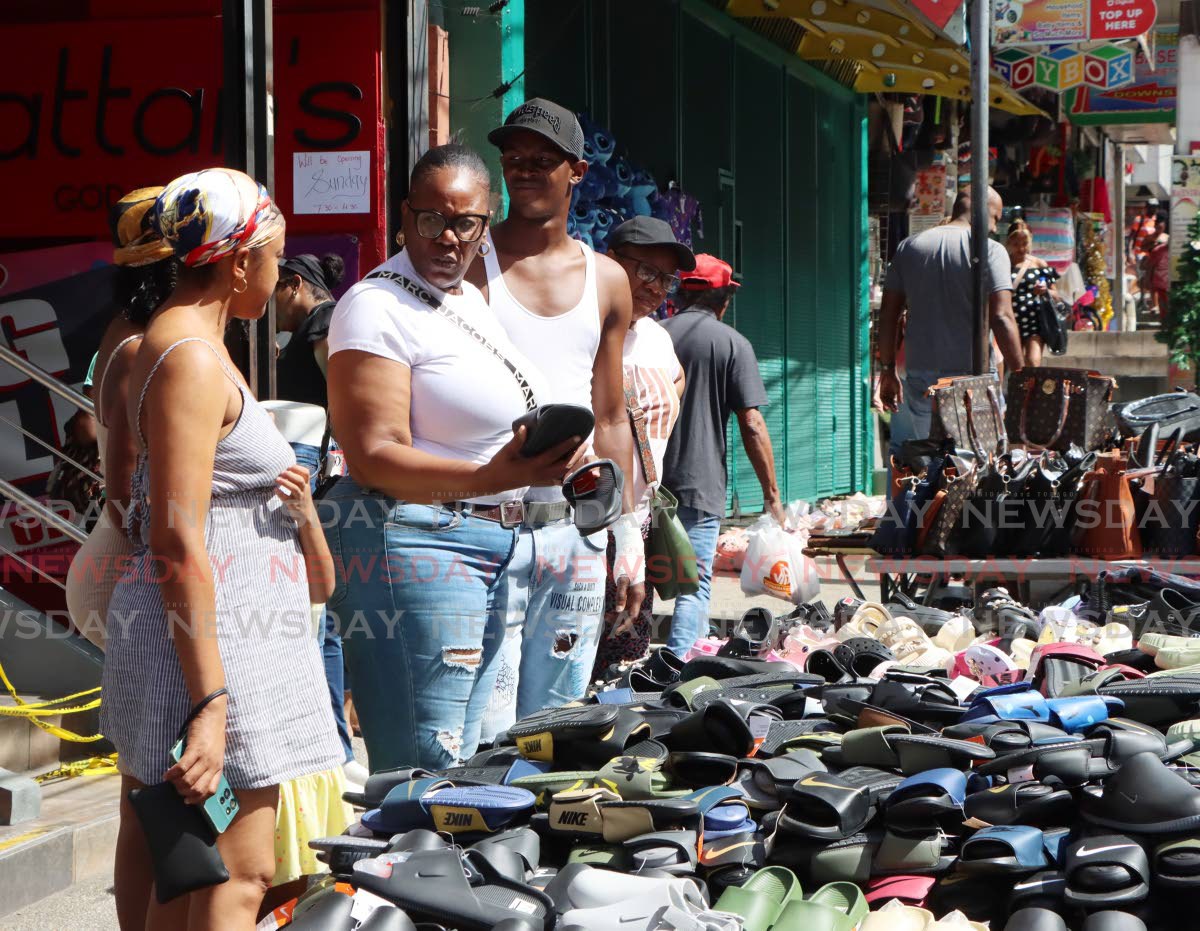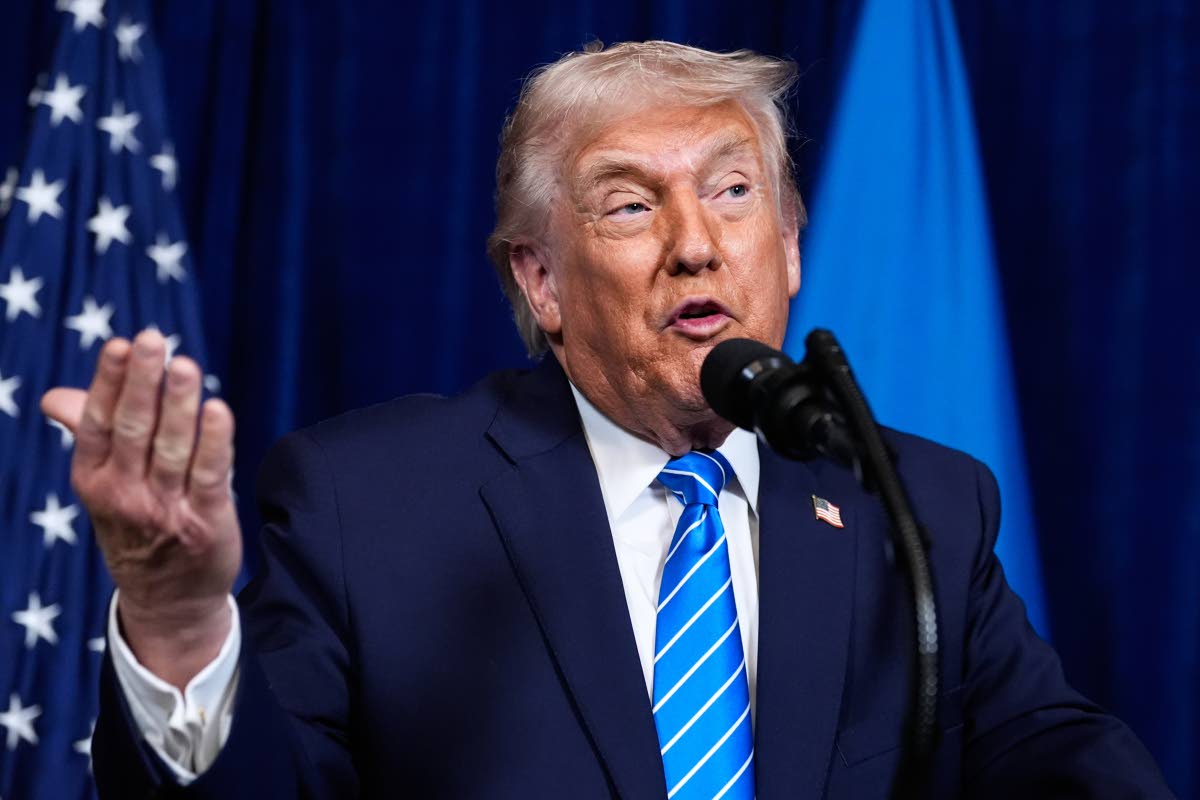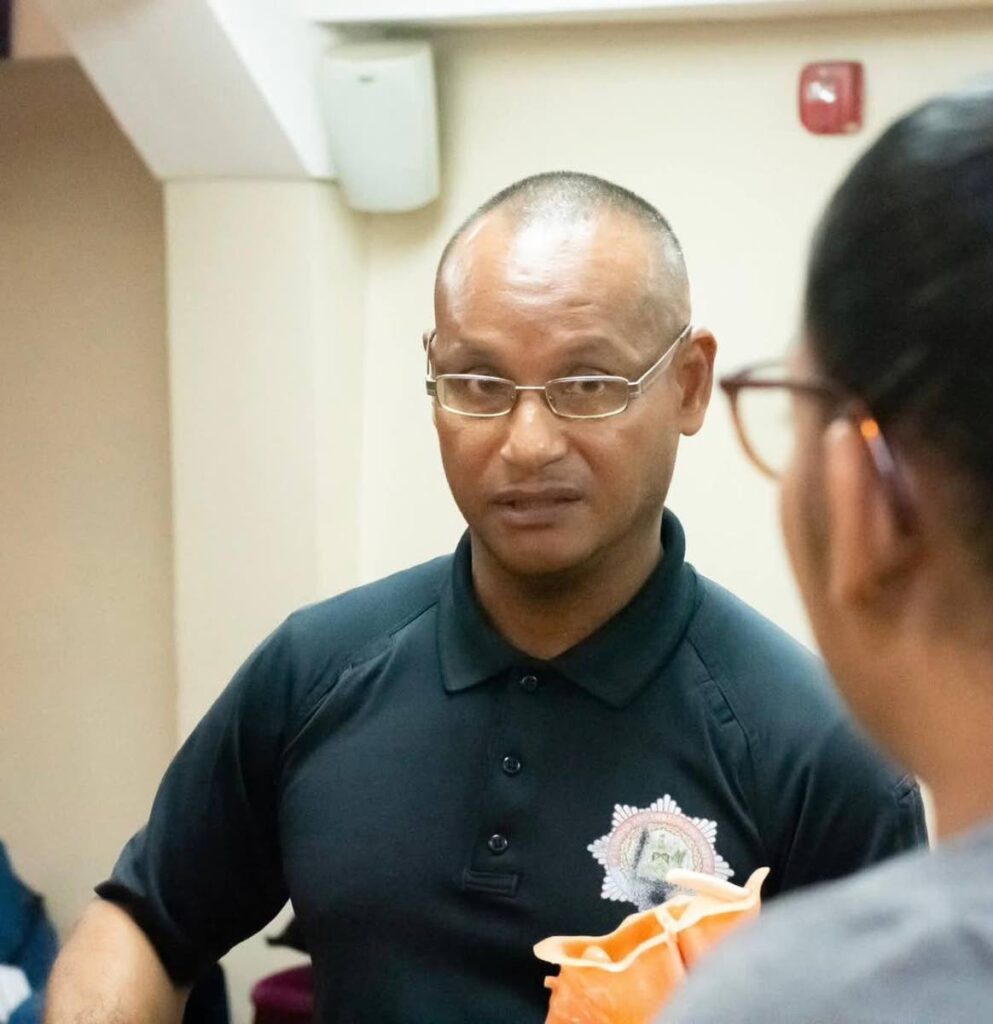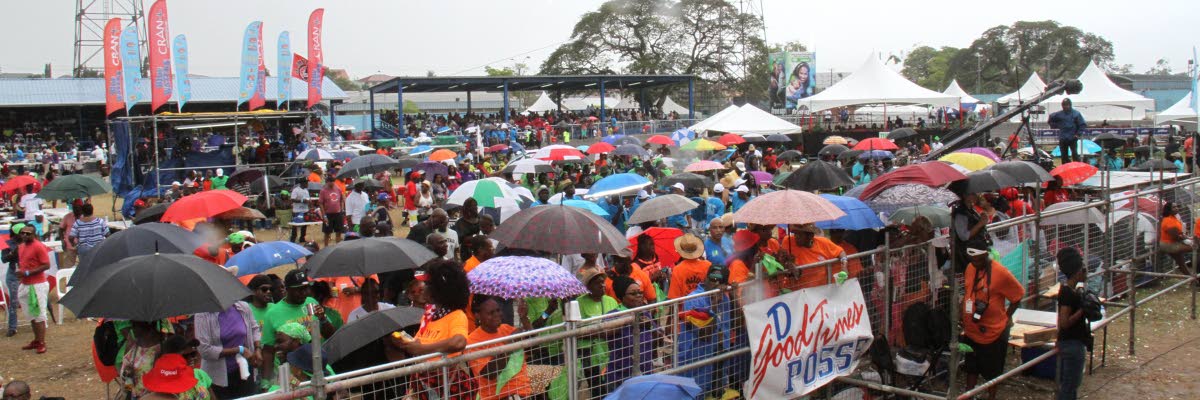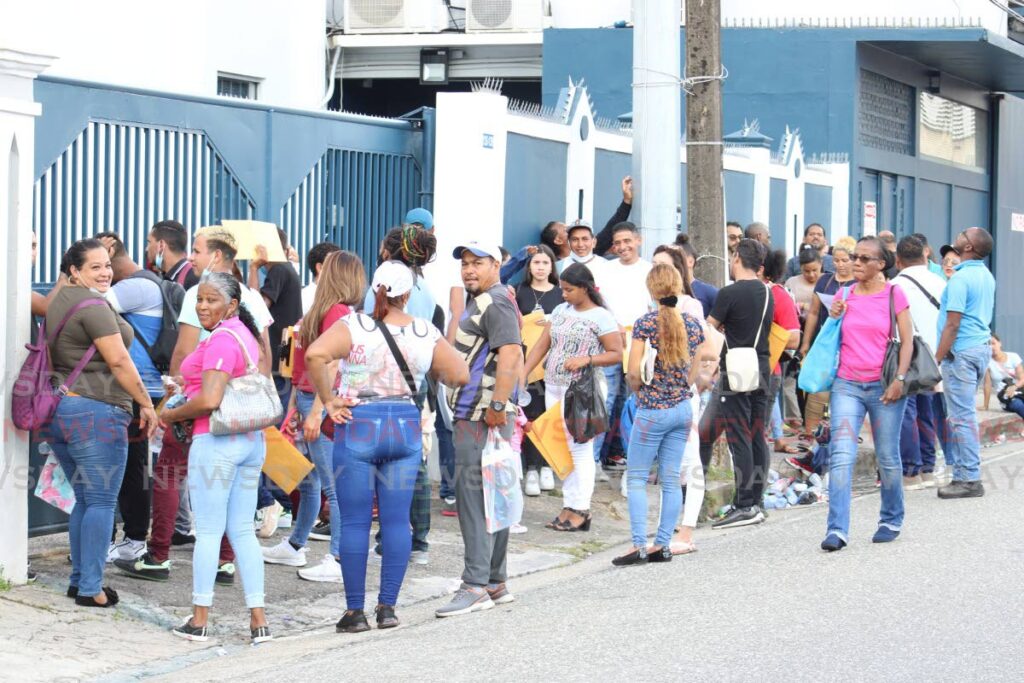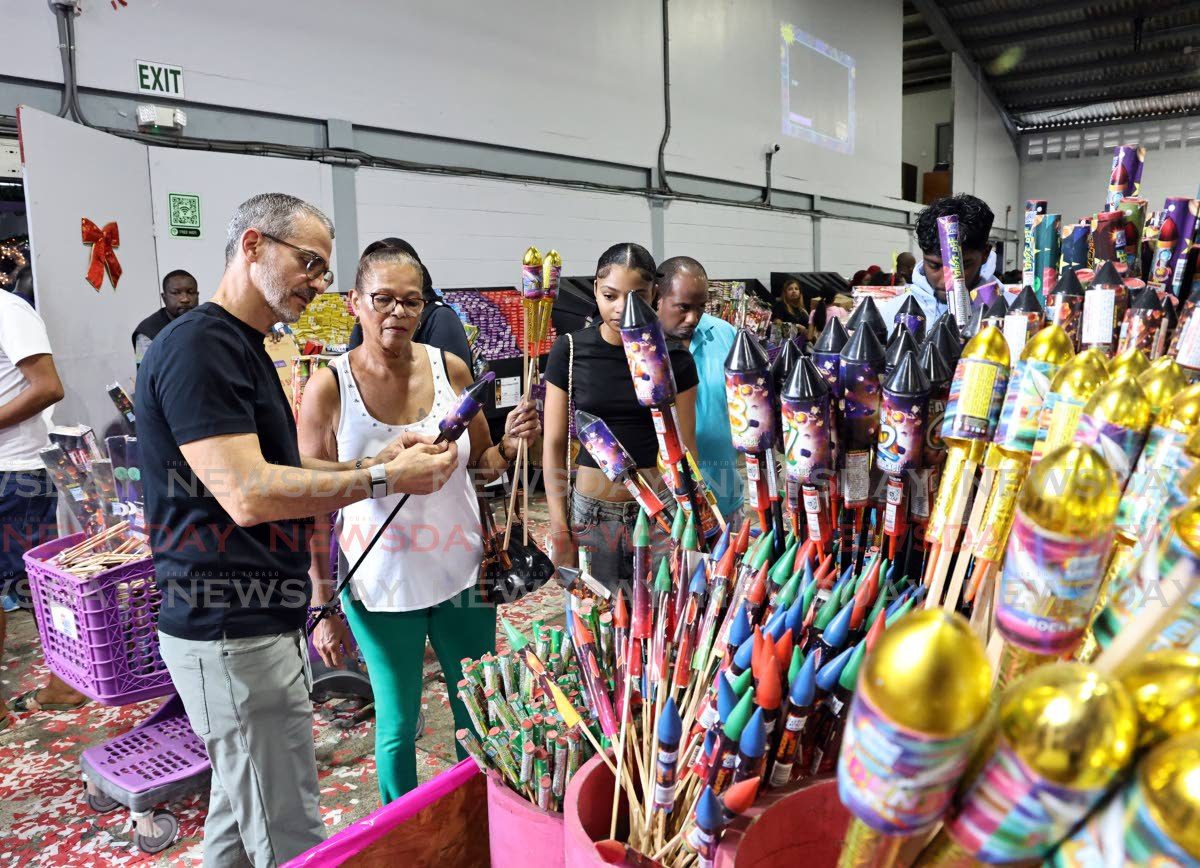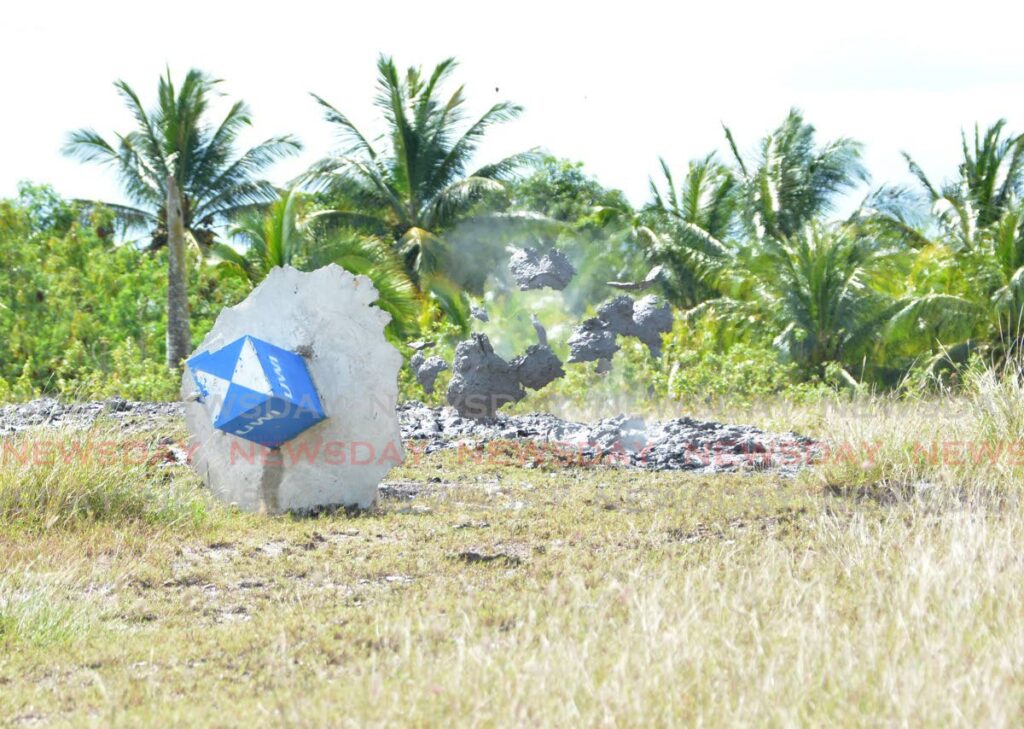PORT OF SPAIN – Trinidad and Tobago’s business community concludes a tumultuous 2025 marked by three prime ministers, multiple states of emergency, and global economic shifts, now facing a new suite of fiscal measures effective January 1, 2026. The government has implemented a series of revenue-generating initiatives including bank asset levies, rental income surcharges, and increased energy costs for commercial users, alongside heightened traffic fines for public compliance.
Confederation of Regional Business Chambers President Vivek Charran characterized these measures as a ‘necessary evil’ given the government’s precarious fiscal position. In an exclusive interview, Charran revealed that upon taking office in May, the administration discovered a $4.42 billion budgetary shortfall, forcing month-to-month operational funding.
The new tax structure targets specifically thriving sectors including property development and food and beverage industries. Commercial banks and insurance companies now face a 0.25% asset levy expected to generate $575 million annually. Landlords must register with revenue authorities, facing 2.5-3.5% surcharges on rental income that should yield at least $70 million. Industrial electricity consumers will pay an additional $0.05 per kWh, contributing approximately $269 million to state coffers.
Despite these burdens, business leaders express willingness to support taxation if accompanied by improved government services and reduced bureaucratic obstacles. Charran emphasized that diversification efforts remain hampered by inefficient licensing processes that can take years for basic permits like farming certifications.
The private sector maintains cautious optimism according to recent chamber surveys. Over half of executives reported worsened financial performance in recent months yet remain confident about medium-term investment prospects. Employment expectations show cautious expansion intentions despite persistent structural challenges.
Opposition figures warn the government’s revenue projections may be overly optimistic, with former Finance Minister Colm Imbert predicting a potential $7-10 billion deficit rather than the official $3.8 billion estimate, citing inaccurate oil price assumptions and unbudgeted expenditures including public sector wage increases.
Business leaders now await tangible improvements in public service efficiency following recent public sector compensation increases, hoping 2026 will bring both fiscal stability and operational reforms to support economic diversification.
